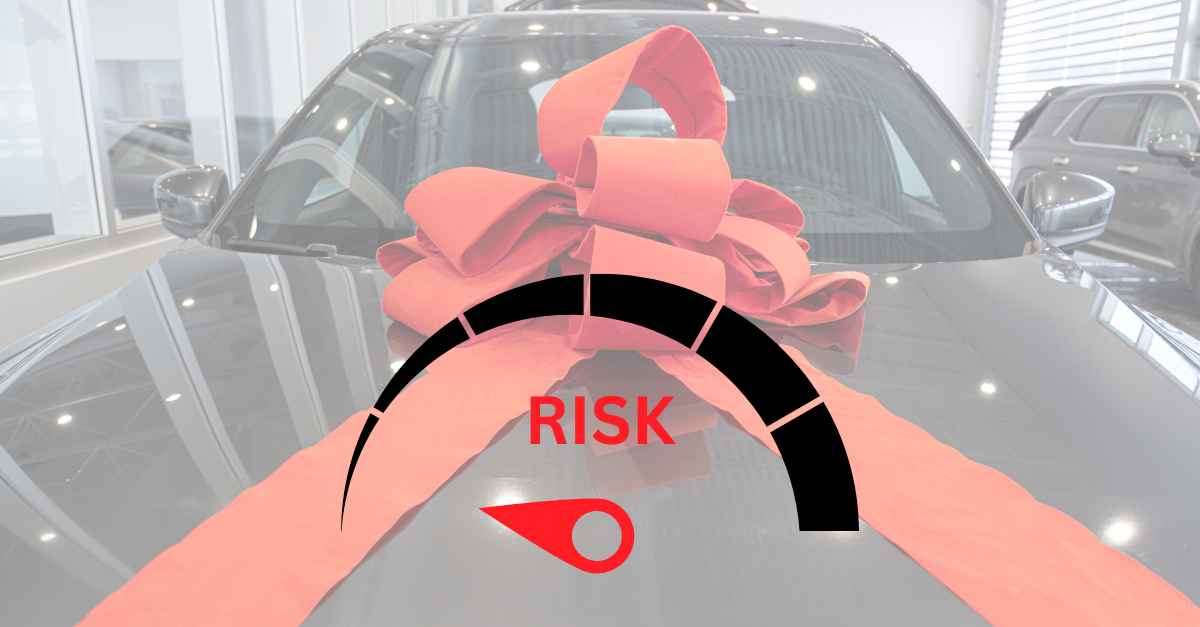Thatcham Research, the insurer funded global leader in automotive risk intelligence, has announced the launch of the new Vehicle Risk Rating (VRR) system to improve the accuracy of vehicle insurability assessments.
Developed with the motor insurance industry, this new model introduces a more comprehensive and dynamic framework for evaluating vehicle risks, evolving the long-standing Group Rating system.
The new Vehicle Risk Rating system uses market performance data, collected in collaboration with vehicle insurers, to account for dynamic factors such as advancements in technology, an increased focus on sustainable repair, and emerging theft trends. This offers insurers more granular insights into vehicle risks while supporting the Thatcham Research mission to enhance safe, secure, and sustainable mobility.
At the core of the Vehicle Risk Rating system are five assessments that provide a holistic view of each vehicle’s risk profile:
- Performance – Evaluates vehicle characteristics such as speed, acceleration, and the impact of modern powertrains.
- Damageability – Assesses how design, materials, and construction influence repair costs and damage severity.
- Repairability – Focuses on the ease and cost of repairs, encouraging repair-friendly vehicle designs.
- Safety – Analyses active and passive safety systems, including crash avoidance features.
- Security – Examines physical and digital security measures, leveraging Thatcham Research’s New Vehicle Security Assessment expertise.
Each of these assessments is scored on a scale of 1 to 99, offering insurers a more granular understanding of vehicle risks and enabling more accurate, individualised insurance premiums for consumers.
The development of the Vehicle Risk Rating system involved an 18-month study with Thatcham Research Member insurers, evaluating over 1,300 data points from 25,000 vehicle derivatives. Data from insurers played a crucial role in refining the model, ensuring the new system accurately reflects real-world ‘insurability’.
“New technology is challenging the existing motor insurance model, prompting an unprecedented shift in the balance of risk from the driver to the vehicle. In response, we’ve worked closely with insurers, drawing upon cutting-edge data analysis to create a rating system that offers a more precise and detailed assessment of vehicle risks,” said Jonathan Hewett, Chief Executive, Thatcham Research. “This will not only help insurers price premiums more accurately but also encourage manufacturers to consider insurance outcomes when designing vehicles and implementing technologies.”
He continued, “In a technology driven world, research and vehicle focused assessments are vital to informing this process, enabling insurers and their partners to see the road ahead with absolute clarity and confidence.”
Vehicle Risk Rating panel chair and technical underwriting manager at Saga, Richard Birch, added: “Vehicle Risk Rating, with its enhanced scoring, informed by the five risk assessments, delivers a vastly more accurate assessment than the outgoing Group Rating system, on which insurers can rate and underwrite while providing transparency to manufacturers allowing them to design and build more insurable vehicles.”
A vehicle’s ‘reparability’ – efficient, cost-effective vehicle repairs and prompt return to service post-collision – heavily influences insurance risk and, therefore, costs. The significant weight of the repairability assessment in the VRR score encourages vehicle designs and technologies that facilitate straightforward and economical repairs.
The Association of British Insurers (ABI) recently reported that in total, insurers paid out £2.9 billion in motor insurance claims – up 18% on £2.5 billion paid in Q2 2023. Repair costs are 28% higher, totalling £1.9 billion. In addition, Thatcham Research stated last year that electric vehicles are approximately 25% more expensive to repair than their petrol equivalents and take 14% longer to fix.
“Repairability is increasingly vital in the modern automotive era,” added Jonathan. “Without a keen focus on sustainable repair at the design stage and vehicle launch, where parts supply and readily available repair methods are key, the industry’s environmental endeavours are at risk of being undermined by vehicles that become disposable too early into their use phase.”
Thatcham Research will officially launch the Vehicle Risk Rating system on 24 September 2024, followed by a dual-rating period of 18 months during which both the new VRR and the existing Group Rating system will apply. This transition will allow insurers and manufacturers to adjust before VRR becomes the sole reference for vehicle risk assessment.

















